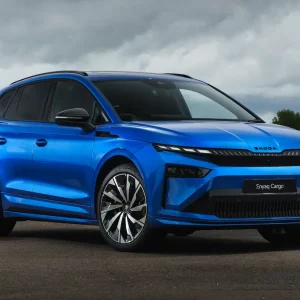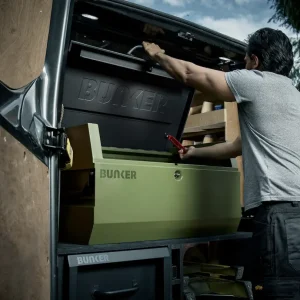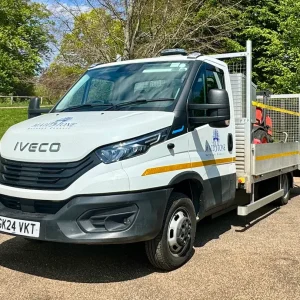Government plans to reform vehicle excise duty (VED) for vans, designed to encourage the adoption of cleaner vehicles, should be postponed until more affordable low-emission models are on the market.
That’s according to the British Vehicle Rental and Leasing Association (BVRLA) and the Federation of Small Businesses (FSB).
The government recently held a consultation on changing the current flat VED rate for new vans to one more like the system for cars, where first-year rates are lower for vehicles which emit less CO2.
The government says under an altered scheme, most van purchases would incur less tax in the first year than they do currently.
The consultation ended last month, with an announcement on any changes expected at this year’s Budget.
However, the BVRLA has said that while it welcomes the aim of encouraging more low-emission van sales, there is currently a lack of choice of such vehicles on the market, and those that are available are usually far more expensive than equivalent Euro 6 diesels.
It therefore fears small businesses in particular would be hit hard financially by the proposed changes.
The BVRLA is also concerned that reform could see Euro 6 diesel vans incurring a higher tax rate than more polluting Euro 4 or Euro 5 models, since older vehicles will not be covered by the proposed changes.
It says the government should instead incentivise manufacturers to produce a more affordable range of greener vans across all vehicle weight ranges, with suggested methods including increasing the value of plug-in van grants to deliver price parity with diesel vans, and offering more research and development grants for new technology.
BVRLA chief executive Gerry Keaney said: “BVRLA members are keen to embrace lower emission vehicles and want to play a part in improving the UK’s air quality.
“The government’s approach will have the unintended consequence of penalising hard-working businesses.
“By heavily focusing on leveraging taxation the government is missing a trick to incentivise the much-needed production of a greater number of affordable, low emission vans. Van users in the UK currently don’t have much choice across all weight ranges.
“By allowing older, more polluting vans to continue to be taxed at a lower rate than newer, more efficient diesel vans the government is sending the wrong signal and is failing to reward those making cleaner choices.”
FSB policy chairman Martin McTague said: “Around two-thirds of FSB’s small business members rely on vans for transport and deliveries. Without these vehicles, they cannot provide their vital services throughout the UK, including those operating in busy town centres.
“Small businesses are keen to play their part in improving air quality, but they continue to face barriers to adopting new, cleaner forms of transport, including the high cost of replacement vehicles and lack of charging infrastructure.





